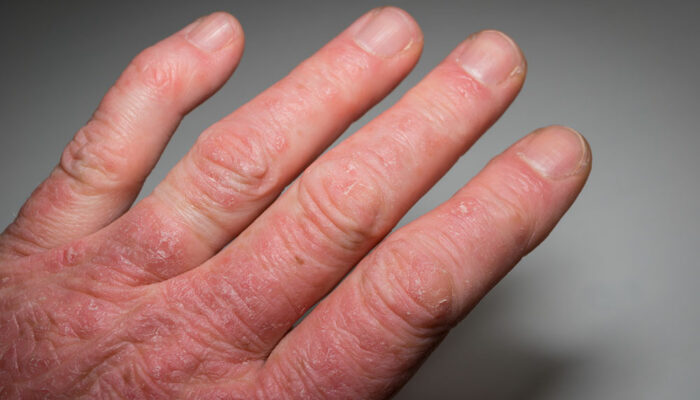
Foods to Manage ADHD Symptoms
Food plays a significant role in managing ADHD. A solid dietary plan can improve symptoms such as impulse, concentration, and hyperactivity and reduce stress and anxiety. Below is a list of food that goes a long way in managing ADHD symptoms.
1. Proteins
Proteins help the brain generate neurotransmitters, which help the brain communicate with other body parts. This helps control hyperactivity in ADHD patients. The most common protein-rich foods, which have beneficial effects, are beef, poultry, pork, fish, eggs, soy, nuts, and beans. Low-fat dairy products are also great additions to protein. Having a solid nutrition-packed protein breakfast enables the brain to produce neurotransmitters effectively.
2. Complex carbs and fibers
Even though ADHD patients may take medication, it is crucial to keep them stable throughout the day. The best way to do so is by combining protein foods with complex carbs and high fiber. Some of the best sources of carbs are barley, brown rice, quinoa, corn, legumes, and potatoes. On the other hand, whole grains, beans, lentils, berries, apples, dried fruits, and avocados are the best sources of fiber.
3. Omega-3 fatty acids
Another great supplement that can manage ADHD is omega-3 fatty acids. This is commonly found in fish, such as salmon and mackerel. As an alternative, patients can also take fish oil supplements. Omega-3 effectively improves cognitive and mental skills, making it one of the best natural ingredients to treat ADHD.
4. A balance of vitamins and minerals
ADHD patients should have a healthy intake of essential vitamins and minerals, along with consistent amounts of zinc, magnesium, and iron. These ingredients can be easily found in poultry, nuts, lean meats, seafood, fortified cereals, and soy. As an alternative, patients can also take supplements in natural forms to add nutrition to their diet. At the same time, foods that cause triggers, such as processed foods, excessive salt, and alcohol, should be avoided.
5. Limited sugar
Those with ADHD should limit their sugar intake. Sugar not only includes sweeteners but also processed carbohydrates, which can be found in everyday foods, such as waffles or white bread. The body processes the glucose in processed carbs, causing a high fluctuation in blood sugar levels. To counter this, the body produces hormones, including insulin, that will stabilize the body. The additional stress hormones released can impact and trigger the ADHD symptoms of stress and irritability.
Watching the diet and controlling certain foods can go a long way in maintaining ADHD triggers without majorly impacting one’s health. One should seek professional consultation if they have trouble sticking to a good diet plan.



